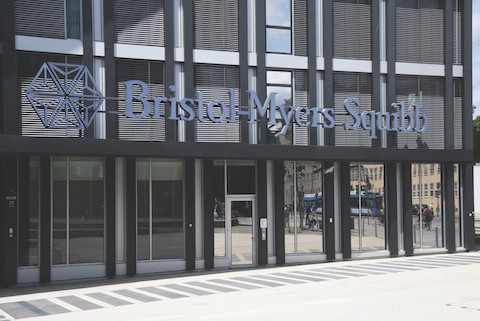Bristol Myers Squibb’s Krazati granted FDA accelerated approval in colorectal cancer
24 Jun 2024
Drug ApprovalAcquisitionClinical ResultAccelerated Approval

Preview
Source: PMLiVE
Bristol Myers Squibb’s (BMS) KRAS inhibitorKRAS inhibitor Krazati (adagrasib) has been granted accelerated approval by the US Food and Drug Administration (FDA) as part of a combination treatment for a subset of colorectal cancer (CRC) patients.
Eligible patients will also have received prior treatment with fluoropyrimidine-, oxaliplatin- and irinotecan-based chemotherapy.
Taken orally twice daily, Krazati is a small-molecule inhibitor of KRASG12C and is already approved in the US to treat specific cases of non-small cell cancer (NSCLC).
As per the regulator’s accelerated approval pathway, continued authorisation for the drug in this indication may be contingent on results from a confirmatory trial.
Wendy Short Bartie, senior vice president, US oncology and haematology at BMS, described the new approval as “an important milestone” for the company and the patients it serves.
“We are proud to make Krazati – the first KRASG12C inhibitor to be FDA approved beyond NSCLC – available to CRC patients, and look forward to further evaluating Krazati through our ongoing development programme,” she said.
BMS gained access to Krazati through its recent $5.8bn acquisition of Mirati Therapeutics.
For more details,please visit the original website
The content of the article does not represent any opinions of Synapse and its affiliated companies. If there is any copyright infringement or error, please contact us, and we will deal with it within 24 hours.
Indications
Targets
Hot reports
Get started for free today!
Accelerate Strategic R&D decision making with Synapse, PatSnap’s AI-powered Connected Innovation Intelligence Platform Built for Life Sciences Professionals.
Start your data trial now!
Synapse data is also accessible to external entities via APIs or data packages. Leverages most recent intelligence information, enabling fullest potential.





